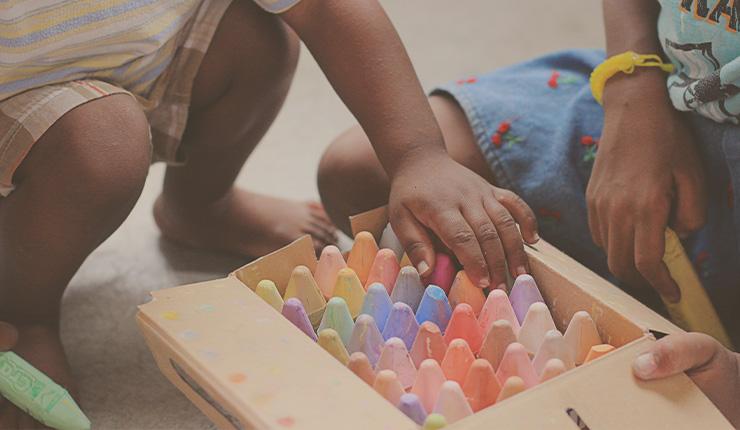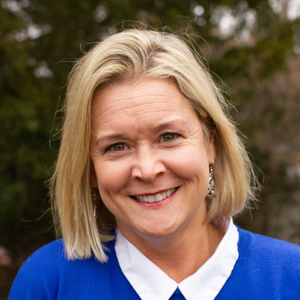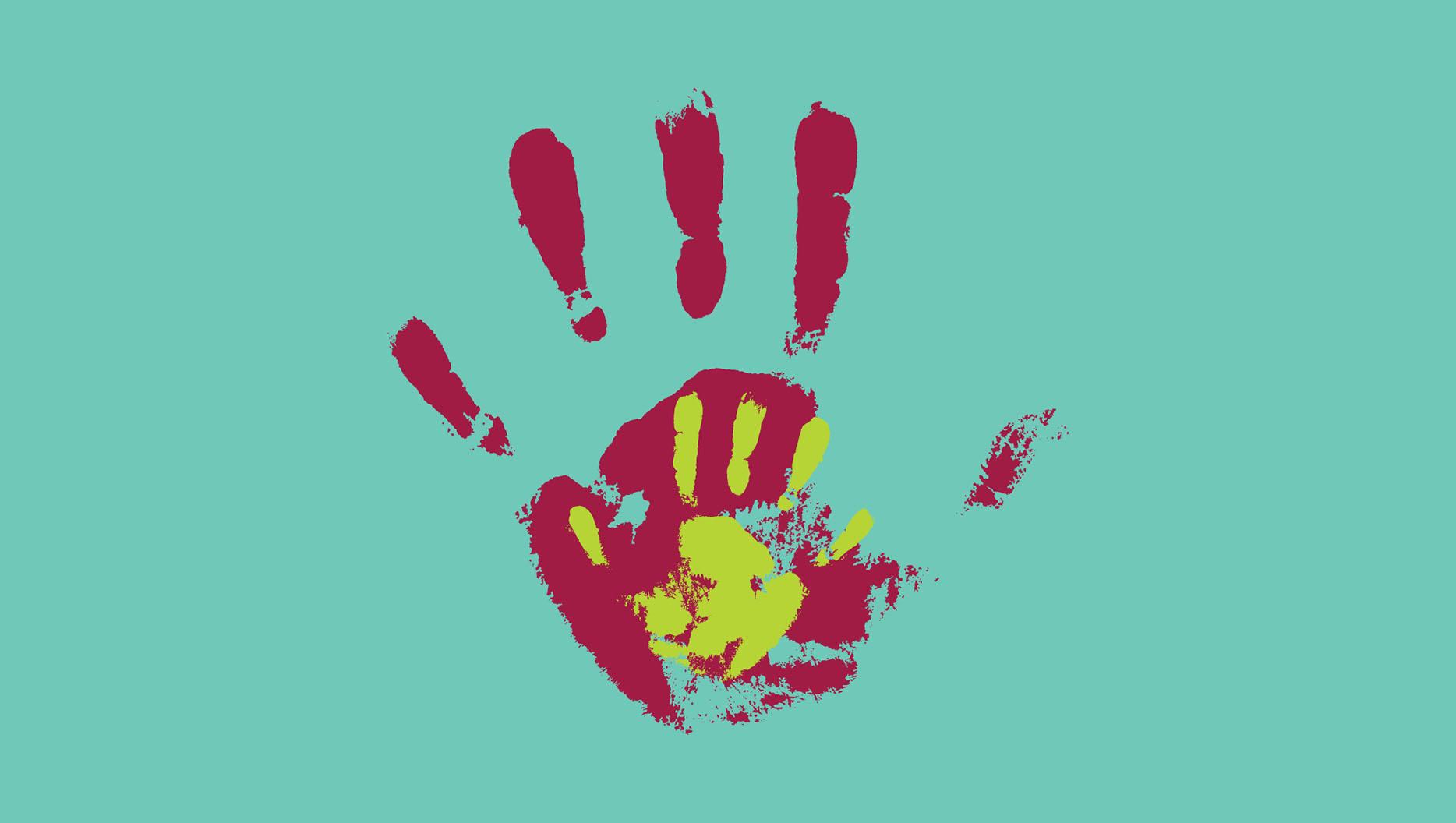Young people are in crisis. There is danger and evil, sickness and disease, corruption, deception, and temptation. We cannot live in this world without being touched by such perils, and our children are, and will be, touched by them. We are also warned in Scripture that these things are realities for us all. Consider what 1 John 5:19 says: “We know that we are from God, and the whole world lies in the power of the evil one.” We are told that “Evil people and impostors will go on from bad to worse, deceiving and being deceived” (2 Tim 3:13).
Young people are growing up in an increasing godless world, while also in deep need for wisdom and discernment to navigate it. More than ever, they need to know how to traverse the dangers around them.
We should not be afraid to talk with confidence and with hope to our children about such things. To take seriously the need to equip our kids to live in this world and not be of it, we must talk about the hard things. They must know we have something helpful to say, and we must instill in them the resources to do so. If we teach them well, doing so will not raise fearful kids, but competent kids.
The foundation for this is threefold.
First, we live in a broken, fallen world. Dangerous people prowl upon the weak and naïve. Evil is cunning; it deceives and entices. It promises pleasure but delivers brokenness. Evil is both done to us and seduces us from within. Accepting this reality means that we must raise children who can navigate and respond to potential dangers.
Scripture is full of wisdom on how to respond. Matthew 10:16 tells us, “See, I am sending you out like sheep in the midst of wolves; so be wise as serpents and innocent as doves.” Proverbs 27:12 advises, “The prudent sees danger and hides himself, but the simple go on and suffer for it.” Proverbs 14:16 reiterates, “One who is wise is cautious and turns from evil, but a fool is reckless and careless.”
Wise people see the potential for danger and take measures to protect themselves. Wise people are discerning, and turn from evil. Clearly, there is nothing good that comes from being unaware of the danger that exists in our world. Too often parents are unwilling to face the realities of the perils that exist in the world around us, and therefore conceal such realities from their children. But if we only shelter our children and do not equip them to act in wisdom, we inadvertently raise naïve, simple children who do not know how to make sense of evil and wisely navigate it.
Second, we teach our children to navigate this world by giving them the ability to discern good from evil and right from wrong. Our culture is pressing in on our children, indoctrinating them with false views of romance and love, morality and truth, sexuality and identity. Our world calls intolerant what is good and holy and calls good what God calls wicked. Isaiah 5:20 says, “Woe to those who call evil good and good evil, who put darkness for light and light for darkness, who put bitter for sweet and sweet for bitter!”
Keeping our children safe means we teach them God’s ways—how he created us to live following him. Safety is built on the foundation of discerning right from wrong. Our children cannot safely navigate this world without the ability to distinguish good from evil. As a parent, my ultimate goal for my children is not to keep them safe (though it is a goal); rather, it is that my children would know the ways of God and walk in truth. Walking by faith and knowing good from evil will be their shield, and I believe that safety skills will be the fruit of teaching our children the ways of the Lord.
Wisdom and discernment is the substance: “But solid food is for the mature, for those who have their powers of discernment trained by constant practice to distinguish good from evil” (Heb 5:14). Notice that the mature have “powers of discernment, trained by constant practice to distinguish good from evil.”
Discussing the dangers our children might encounter helps us to understand how we can begin the process of equipping both ourselves and our children for setting up appropriate protective measures. Name the darkness that exists and equip your children to know how to both avoid it and how to respond to it if it finds them. Doing so also protects our young people from the temptations that exist and the entanglements of destructive choices.
Knowing good from evil, right from wrong is primary; safety skills are secondary. Safety skills are a fruit of the way we parent our children. This is important to emphasize, because if we raise children who somehow have been shielded from the worst perils of this world but do not walk with the Lord, do not know right from wrong, or are unaware of the dangers that exist from within—we have failed them miserably.
Third, we must understand that our safety ultimately rests in the hands of our God. Psalm 37:39–40 reminds us, “The salvation of the righteous is from the Lord; he is their stronghold in times of trouble. The Lord helps them and delivers them, he delivers them from the wicked and saves them, because they take refuge in him.” Our ultimate hope is in a sovereign God who is our high tower, our very present help in trouble (Ps 46:1, Prov 18:10). Consider the following passage:
“Though I walk in the midst of trouble, you preserve my life, you stretch out your hand against the wrath of my enemies, and your right hand delivers me.” (Ps 138:7)
At the end of the day, God is the one who watches over us. As we explore Scripture, we will understand more deeply the call to be wise, to see danger and run from it (Prov 27:12), to have courage (Prov 28:1, 2 Chron 32:7–9), and to stand up for those who cannot stand up for themselves (Isa 1:17, Prov 31:8–9). We are not to be passive in our engagement with injustice, danger, mistreatment, and evil. We must respond to it, while resting in our ultimate Protector.
•
Article adapted from content found in Safeguards: Shielding Our Homes and Equipping Our Homes ©2022 by Julie Lowe. Used by permission of New Growth Press. May not be reproduced without prior written permission. Learn more about Safeguards here.




